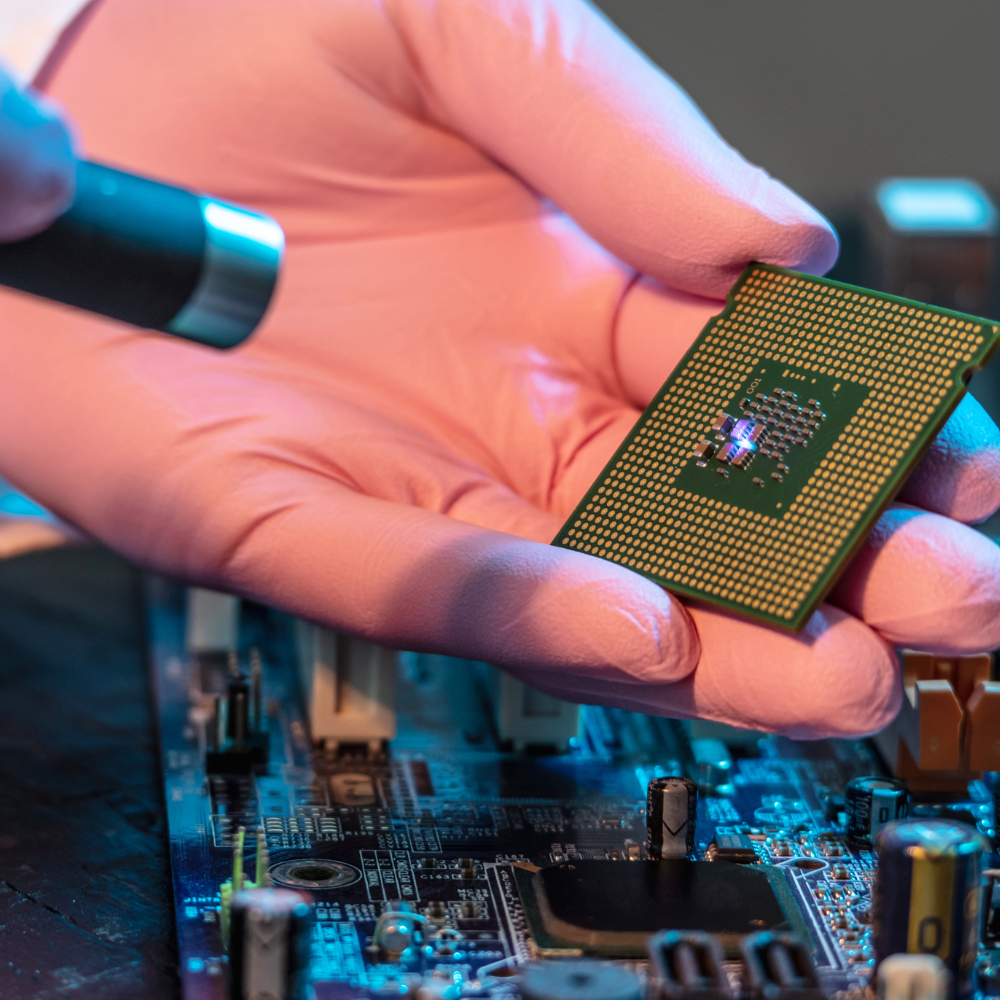Nvidia warns new US export controls will weaken American AI leadership
Nvidia, the dominant designer of advanced graphics processing units (GPUs) crucial for artificial intelligence development, has issued a stark warning: new US export controls aimed at restricting the flow of AI chips to certain countries will ultimately weaken American leadership in the critical technology. The company argues that these restrictions, while intended to safeguard national security, will inadvertently stifle innovation, harm US competitiveness, and potentially accelerate the rise of rival AI ecosystems.
The US government has been progressively tightening export controls on advanced AI chips, primarily targeting China but also encompassing other nations deemed potential risks. These measures involve stricter licensing requirements for exports and potential country-specific caps on chip sales, effectively granting Washington the power to block transactions deemed detrimental to national security interests.
Nvidia, whose GPUs are the industry standard for training and deploying complex AI models, has been particularly vocal in its opposition to these expanded restrictions. The company argues that limiting its access to key international markets will significantly impact its revenue and research and development capabilities.
“Over the long term, restrictions that prevent US companies from competing and leading in the world’s largest markets will reduce opportunities to advance US technology,” Nvidia stated in a recent regulatory filing. The company emphasized that these controls could lead to “a permanent loss of opportunities” for US firms, ultimately hindering the nation’s ability to maintain its AI leadership.
Nvidia’s concerns are rooted in several key factors. Firstly, the company argues that restricting its sales to certain countries will create a vacuum that will inevitably be filled by foreign competitors. If US companies are unable to supply advanced AI chips, other manufacturers, potentially based in China or other nations, will step in to meet the demand. This could accelerate the development of alternative chip architectures and manufacturing capabilities outside the US, eroding American technological dominance.
Secondly, Nvidia contends that these export controls will stifle innovation within the US AI ecosystem. By limiting access to international markets, US companies will have less revenue to invest in research and development, potentially slowing down the pace of AI innovation. This could give foreign competitors a crucial advantage in the long run.
Moreover, the company warns that these restrictions could inadvertently incentivize targeted countries to accelerate the development of their own domestic AI chip industries. By being cut off from US technology, these nations will have a strong incentive to invest heavily in building their own chip design and manufacturing capabilities, potentially leading to the emergence of new and formidable competitors.
Nvidia’s warnings are echoed by other voices within the US tech industry and among policy experts. Many argue that a more nuanced approach is needed, one that balances national security concerns with the need to maintain US competitiveness and foster global innovation. Some suggest that targeted controls focused on specific military applications or sensitive technologies could be more effective than broad restrictions that harm the entire industry.
The debate surrounding these export controls highlights the complex interplay between technology, economics, and national security in the age of AI. While protecting national security interests is undoubtedly a priority, policymakers must also consider the potential unintended consequences of these measures on US competitiveness and global innovation.









